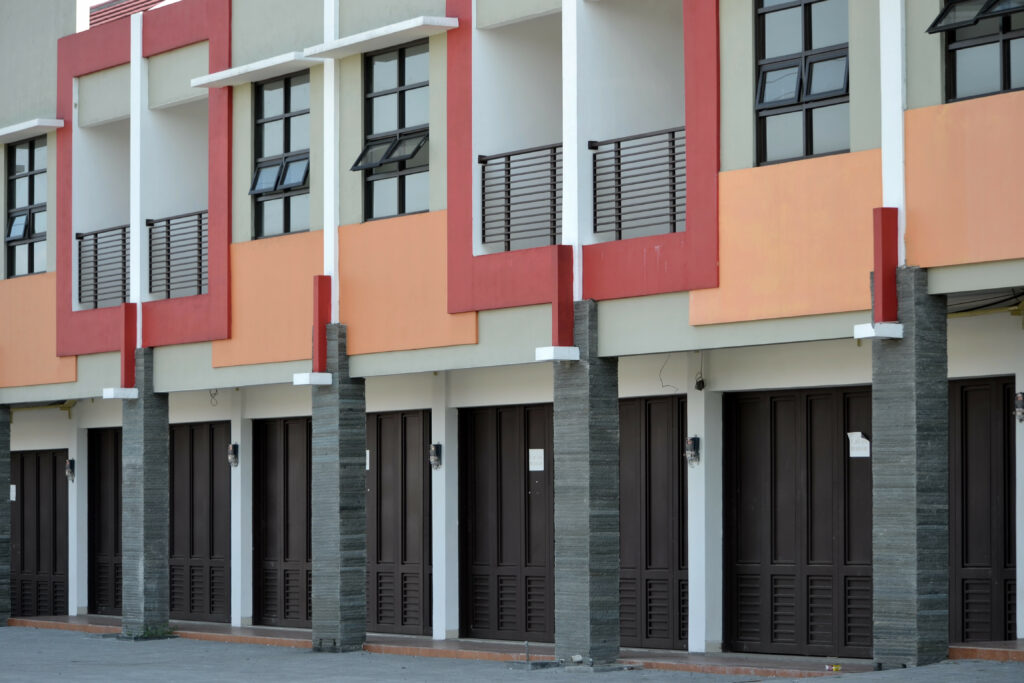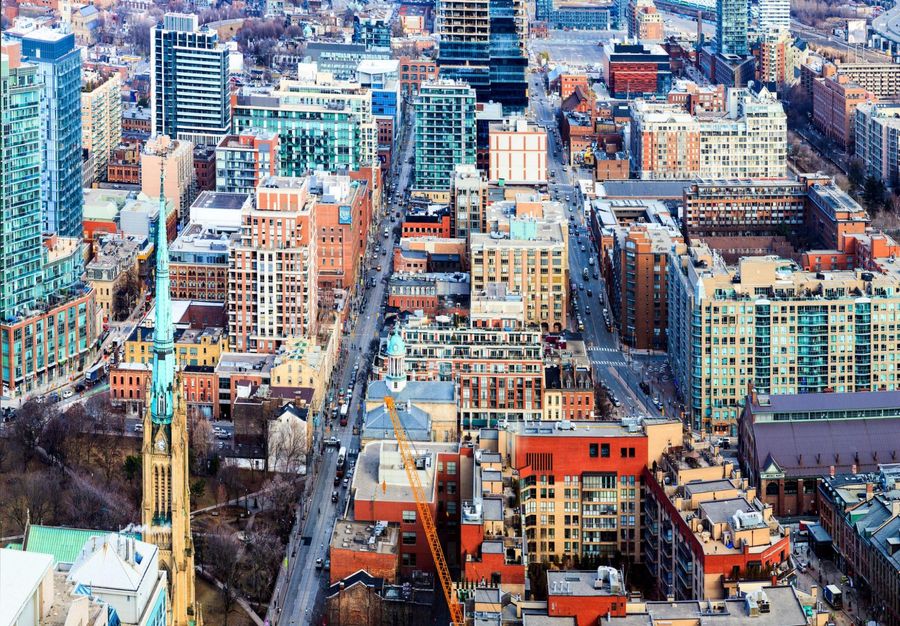Last Updated on October 24, 2023 by Kandace Gallant
“Your business matters,” Prime Minister Justin Trudeau started in a video for Global News in April. “To your employees, and to our country. In fact, it matters to our whole economy. So, a concern for you is a concern for us, too. And that brings me to the question of your rent. Paying rent on your space may be a problem right now. We hear that, so we’re taking action.”
This is where he introduced the Canada Emergency Commercial Rent Assistance Program (CECRA), a benefit that provides loans to landlords so that they can reduce the rent for small business tenants who have lost the majority of revenue due to COVID-19 by 75 per cent. The government would pay for 50 per cent of the payments while the landlords and tenants each paid 25 per cent. However, this ended on September 30 and no word had been said about what was yet to come.
CECRA’s intentions may have seemed great, but the program was criticized shortly after it was announced for being too difficult to access, which put a huge strain on Canadian business owners, and employees. The application was lengthy, and landlords weren’t actually completing or sending in their application, leaving tenants feeling overwhelmed and fear getting evicted since they weren’t able to pay rent.
Restaurants were particularly struggling and will continue to do so. According to Restaurants Canada, a not-for-profit association that helps foodservice businesses grow, at least one out of five independent restaurant operators were dealing with a landlord who was not willing to provide rent relief, either through the CECRA program or some other arrangement. Restaurants Canada even published an open letter calling on all levels of government to help foodservice businesses remain viable as they reopen their doors, including with a broader rent relief program. They also stated that while the federal government’s 75 per cent wage subsidy is helping some restaurants keep staff on payroll, those that are now preparing to reopen are concerned about being able to access this support in the coming months.
So, where does that leave those in danger of closing? Even as COVID-19 numbers start to decline, will restaurants and other small businesses really ever get back to “normal”?
There are unfortunate predictions stating that more than half of Canadian restaurants will close due to the COVID-19 pandemic. Even in August, the Canadian Chamber of Commerce found that 60 per cent of restaurants could even fail within the next three months which was why it was also brought to attention that the government needed to create a relief program specifically designed for restaurants.
CEO and President of the Canadian Chamber of Commerce, Perrin Beatty, said that even in good times it can be hard to meet certain margins, so with COVID-19, it’s going to be impossible. “There is simply no way you can make it work no matter how hard you try,” Beatty said.
However, on October 9, Ottawa unveiled a new commercial rent relief program that Trudeau said would be in effect until June 2021 and that it will help directly support Canadian businesses and employees, meaning it will bypass landlords. Called the Canada Emergency Rent Subsidy, this new program will fund up to 65 per cent of rent or mortgage interest payments for businesses that have declined by 70 per cent due to COVID-19. Businesses that have been temporarily shut down by mandatory orders will qualify for up to 90 per cent rent or mortgage interest coverage. There are currently no updates from the Government of Canada regarding the Canada Emergency Rent Subsidy, but they’ll likely be announced soon as we head into the last couple of months of 2020.
“Canadian businesses and workers have shown tremendous resilience in adapting to the challenges posed by the global pandemic. With the country now in the second wave of this virus, our government knows businesses and workers need continued support. We were there to help businesses when the COVID-19 pandemic began, and we will continue to give them the support they need.” – The Hon. Chrystia Freeland, Deputy Prime Minister and Minister of Finance.







